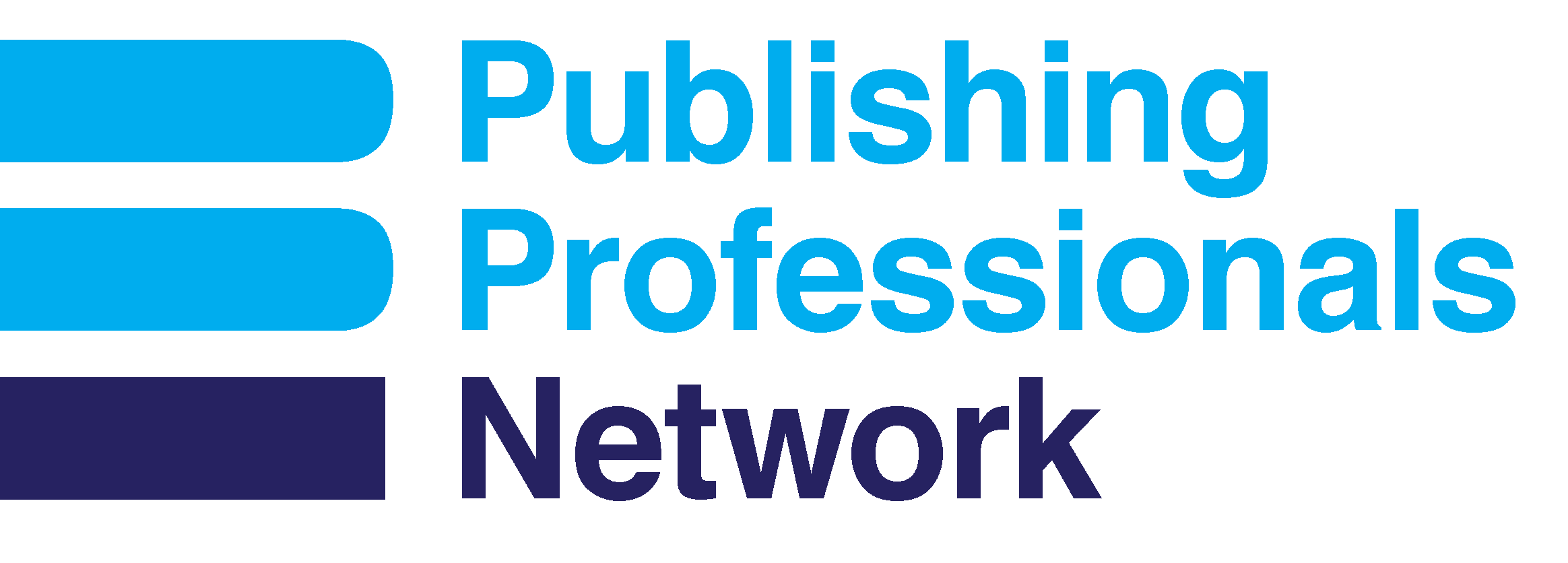
- This event has passed.
Virtual Lecture: I. B. Singer’s ‘Writings on Yiddish & Yiddishkayt’
November 14, 2023 @ 3:30 pm - 5:00 pm
Scholars David Stromberg and Aaron Lansky will discuss a new book, Isaac Bashevis Singer’s Writings on Yiddish and Yiddishkayt, The War Years, 1939-1945 (White Goat Press). November 11 would have been the 120th birthday of the late Nobel Prize winner Isaac Bashevis Singer. This collection, edited and translated by David Stromberg, editor of the Singer Literary Trust, is the first in a three-volume series. It features 25 essays that Singer, then relatively unknown, originally published under pseudonyms in the Forverts, the world’s oldest Yiddish newspaper. The book’s chronological arrangement reveals shifts in Singer’s perspective as history unfolded. He was driven to write in an urgent tone as a whole world, a way of life, a cultural treasure bound up with Yiddish and Yiddishkayt, were all going up in flames. For this event, some of Singer’s original Yiddish works from the Yiddish Book Center’s collection will be on display along with an important artifact of Singer’s earliest work.
David Stromberg, the Jerusalem-based editor of the Isaac Bashevis Singer Literary Trust, has written books including Narrative Faith: Dostoevsky, Camus, and Singer (University of Delaware Press) and Idiot Love and the Elements of Intimacy (Palgrave Macmillan), and he edited a collection of Singer’s essays, Old Truths and New Clichés (Princeton University Press) and a children’s story collection, In the Land of Happy Tears: Yiddish Tales for Modern Times (Delacorte). He has contributed fiction, journalism, personal essays, scholarly research, and translations of Singer’s work to The New Yorker, Los Angeles Review of Books, American Scholar, and American Journal of Psychoanalysis, among other outlets. He will be in conversation with Aaron Lansky, founder and president of the Yiddish Book Center in Amherst, Mass., a nonprofit organization working to recover, celebrate, and regenerate Yiddish and modern Jewish literature and culture. White Goat Press, the Center’s imprint, publishes newly translated work in all genres of fiction and nonfiction. The Center grew out of Lansky’s discovery in the late 1970s of vast numbers of Yiddish books being discarded by younger Jews who could not read their ancestors’ language. Since his first public appeal for unwanted Yiddish books in 1980, when scholars believed just 70,000 volumes were extant and recoverable, more than a million volumes have been gathered at the Center. Lansky has earned degrees from Hampshire College, McGill University, Amherst College, the State University of New York, and Hebrew Union College; received a so-called “genius grant” from the MacArthur Foundation in 1989; and wrote a bestseller in 2005, Outwitting History: The Amazing Adventures of a Man Who Rescued a Million Yiddish Books.
